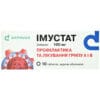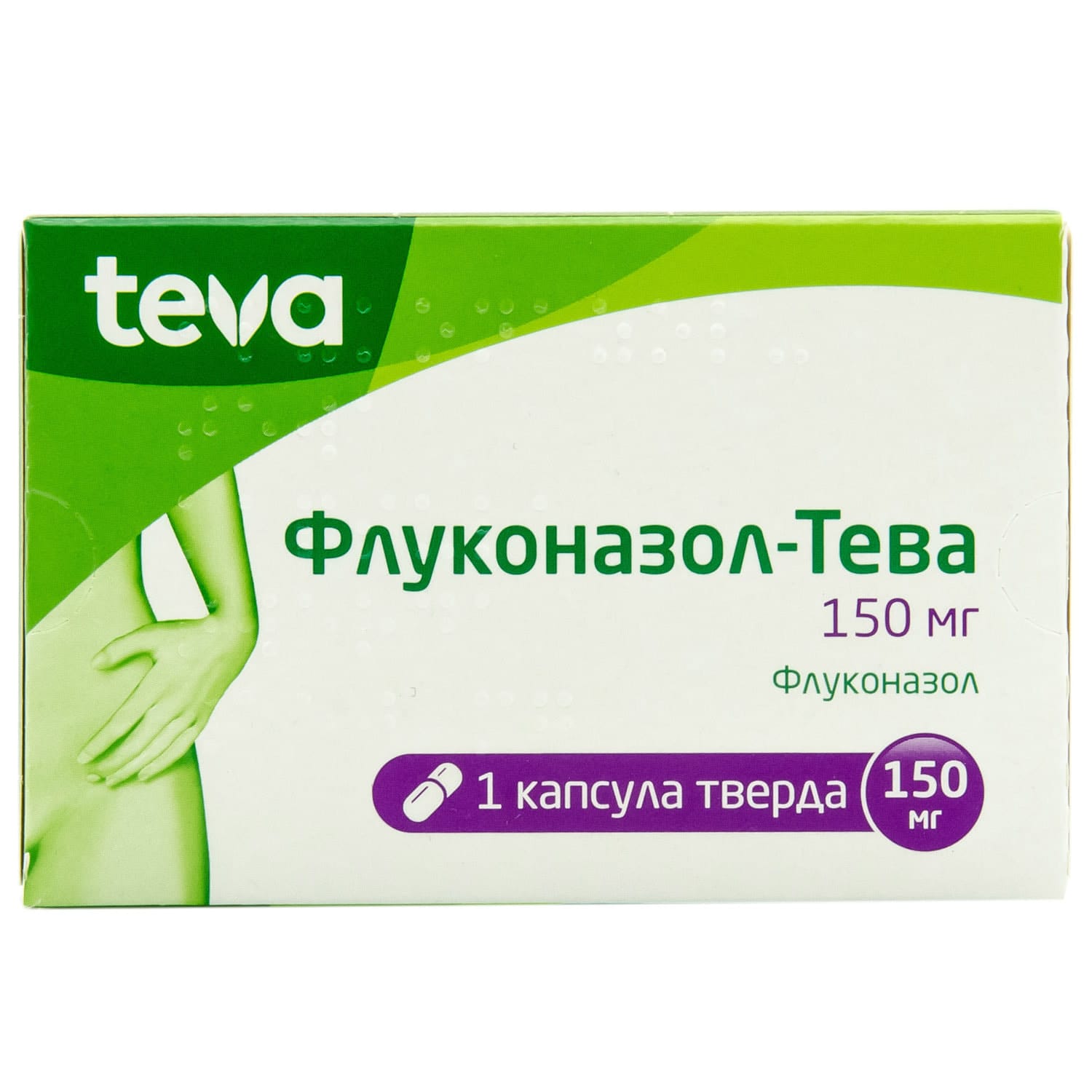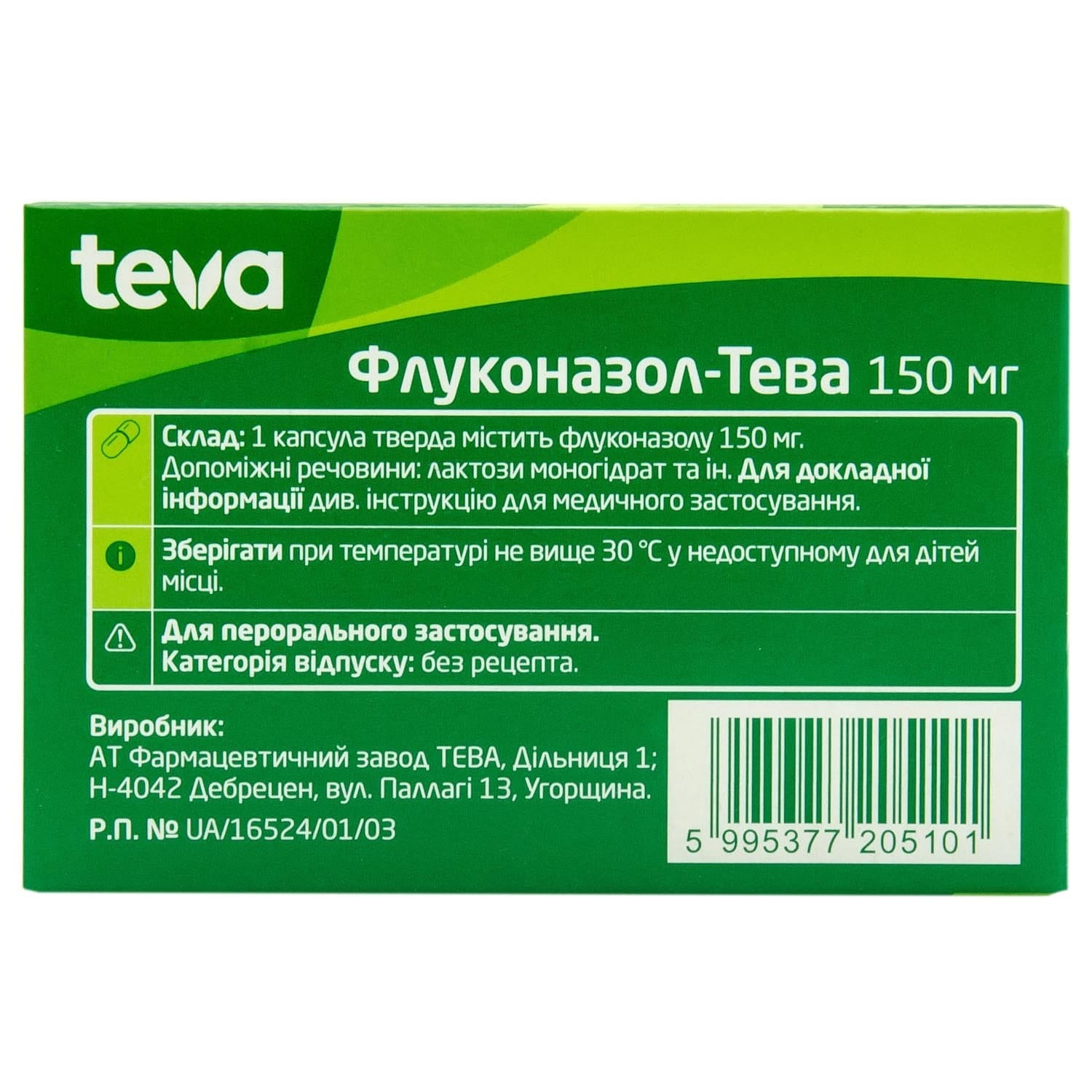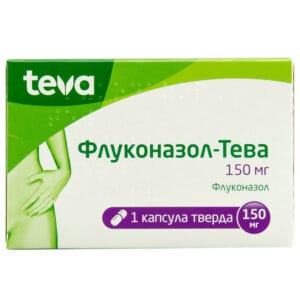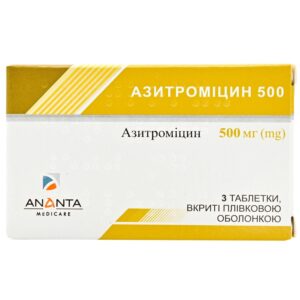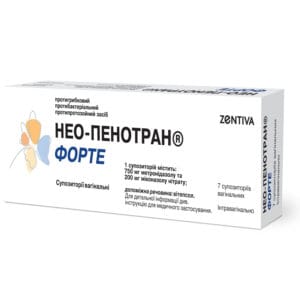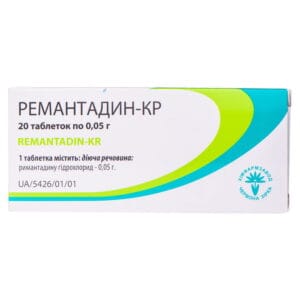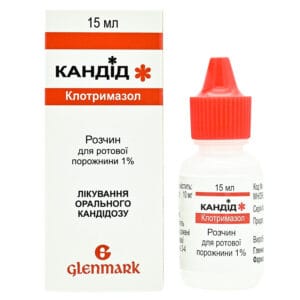🇦🇺 Australia
🇨🇦 Canada
🇨🇿 Czechia
🇩🇰 Denmark🇪🇪 Estonia
🇮🇪 Ireland
🇮🇱 Israel
🇮🇹 Italy
🇯🇵 Japan
🇲🇽 Mexico
🇵🇱 Poland
🇰🇷 South Korea
🇨🇭 Switzerland
🇬🇧 United Kingdom
🇺🇸 United States of Americaand more
🇦🇺 Australia
🇨🇦 Canada
🇨🇿 Czechia
🇩🇰 Denmark🇪🇪 Estonia
🇮🇪 Ireland
🇮🇱 Israel
🇮🇹 Italy
🇯🇵 Japan
🇲🇽 Mexico
🇵🇱 Poland
🇰🇷 South Korea
🇨🇭 Switzerland
🇬🇧 United Kingdom
🇺🇸 United States of Americaand more
Fluconazole Teva hard capsules 150 mg blister 1 pc.
$13.48
Fluconazole Teva treats candidiasis, cryptococcal meningitis, and fungal infections in adults and children. Effective antifungal capsules 50–200 mg.
-
— or —
Fluconazole-Teva capsules are indicated for the treatment of the following diseases in adults:
- cryptococcal meningitis;
- coccidioidomycosis;
- invasive candidiasis;
- candidiasis of the mucous membranes, including oropharyngeal candidiasis and esophageal candidiasis, candiduria, chronic candidiasis of the skin and mucous membranes;
- chronic atrophic candidiasis (candidiasis caused by the use of dentures) with ineffectiveness of local dental hygiene products;
- vaginal candidiasis, acute or recurrent, when local therapy is not appropriate;
- candidal balanitis when local therapy is not appropriate;
- dermatomycoses, including athlete’s foot, smooth skin mycosis, inguinal dermatomycosis, lichen planus and candidal skin infections, when systemic therapy is indicated;
- Dermatophyte onychomycosis, when the use of other medications is not appropriate.
Prevention of diseases in adults such as:
- recurrence of cryptococcal meningitis in patients at high risk of its development;
- recurrence of oropharyngeal or esophageal candidiasis in patients with VIS at high risk of its development;
- reducing the frequency of recurrences of vaginal candidiasis (4 or more cases per year);
- prevention of candidal infections in patients with prolonged neutropenia (for example, patients with malignant blood diseases receiving chemotherapy or patients undergoing hematopoietic stem cell transplantation).
Children.
The drug in capsule form can be used in this category of patients when children are able to safely swallow a capsule, which is usually possible from the age of 5.
Fluconazole-Teva is used in children for the treatment of candidiasis of the mucous membranes (oropharyngeal candidiasis, esophageal candidiasis), invasive candidiasis, cryptococcal meningitis and for the prevention of candidal infections in patients with reduced immunity. The drug can be used as maintenance therapy to prevent recurrence of cryptococcal meningitis in children at high risk of its development.
Fluconazole therapy may be initiated prior to the results of culture and other laboratory tests; once the results are available, antibacterial therapy should be adjusted accordingly.
Composition
Active ingredient: fluconazole;
1 hard capsule contains 50 mg or 100 mg or 200 mg of fluconazole;
Excipients:
Capsule contents: lactose, corn starch, colloidal silicon dioxide, sodium lauryl sulfate, magnesium stearate;
Capsule shell: titanium dioxide (E 171), diamond blue FCF (E 133), gelatin, azorubine (E 122) (only for 200 mg capsules).
Contraindication
- Hypersensitivity to fluconazole, to other azole substances or to any of the excipients of the drug.
- Concomitant use of fluconazole with terfenadine is contraindicated in patients receiving fluconazole multiple times at doses of 400 mg/day or higher (based on the results of multiple-dose interaction studies).
- For concomitant use of fluconazole with other drugs that cause QT prolongation and are metabolized by the CYP3A4 enzyme (e.g. cisapride, astemizole, pimozide, quinidine, amiodarone and erythromycin), see also sections.
Method of application
Fluconazole can be administered orally or by intravenous infusion, the route of administration depending on the patient’s clinical condition. There is no need to change the daily dose when switching from intravenous to oral administration or vice versa.
Application features
Pregnant women
Normal doses of fluconazole and short courses of fluconazole should not be used during pregnancy unless absolutely necessary.
High doses of fluconazole and/or long courses of fluconazole treatment should not be used during pregnancy, except for the treatment of infections that may be life-threatening.
Children
The drug in capsule form can be used in this category of patients when children are able to safely swallow a capsule, which is usually possible from the age of 5.
Drivers
No studies have been conducted on the effect of the drug on the ability to drive or operate other mechanisms.
Patients should be informed about the possible development of dizziness or seizures during the use of the drug. If such symptoms develop, it is not recommended to drive a car or operate other mechanisms.
Overdose
There have been reports of overdose with fluconazole; hallucinations and paranoid behavior have also been reported.
In case of overdose, symptomatic supportive therapy should be carried out and, if necessary, gastric lavage should be performed.
Fluconazole is largely excreted in the urine; forced diuresis may accelerate drug elimination. A 3-hour hemodialysis session reduces plasma fluconazole levels by approximately 50%.
Side effects
The most frequently reported adverse reactions (> 1/10) were headache, abdominal pain, diarrhea, nausea, vomiting, rash, increased blood levels of alanine aminotransferase (ALT), aspartate aminotransferase (AST) and alkaline phosphatase (ALP).
Interaction
Astemizole. Concomitant use of fluconazole may reduce the clearance of astemizole. The resulting increase in plasma astemizole concentrations may lead to QT prolongation and, in rare cases, torsades de pointes. Concomitant use of fluconazole is contraindicated.
Pimozide and quinidine. Concomitant use of fluconazole and pimozide or quinidine may result in inhibition of the metabolism of pimozide or quinidine, although in vitro and in vivo studies have not been conducted. Increased plasma concentrations of pimozide or quinidine may cause prolongation of the QT interval and, in rare cases, may lead to paroxysmal torsades de pointes. Concomitant use of fluconazole and pimozide or quinidine is contraindicated.
Storage conditions
Store in the original packaging at a temperature not exceeding 30 °C, out of the reach of children.
Shelf life – 3 years.
You may also like


